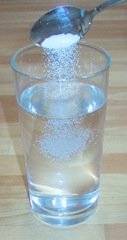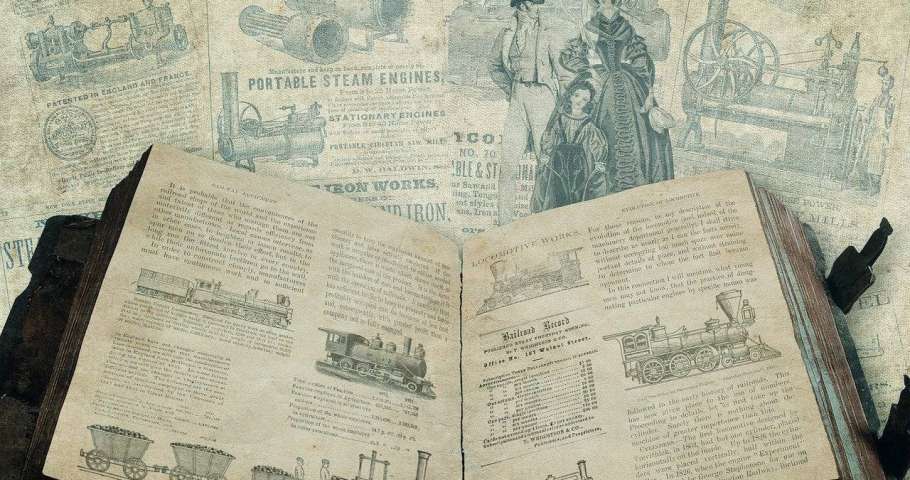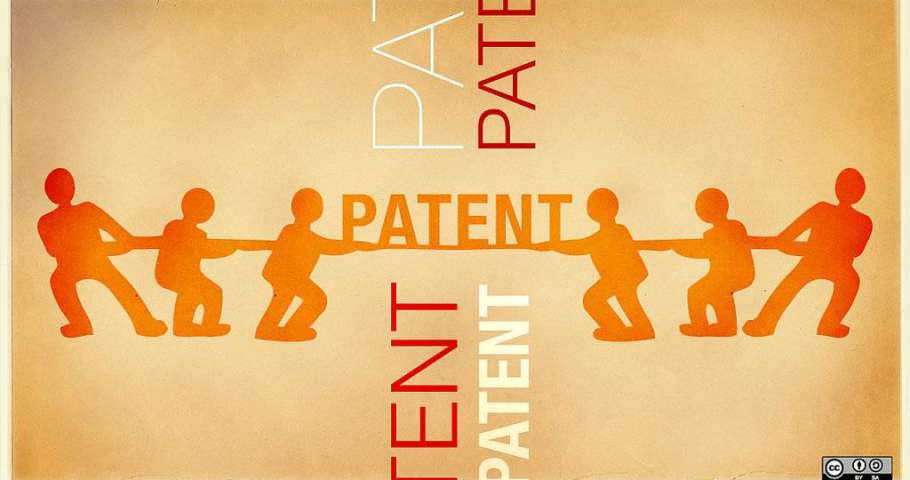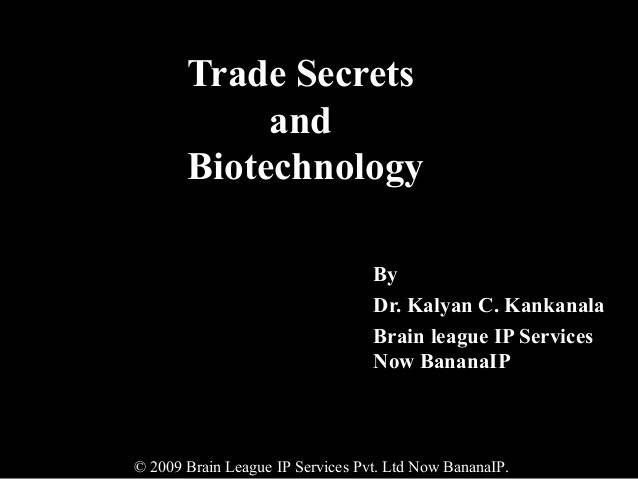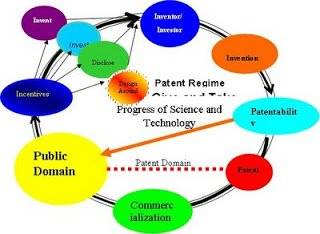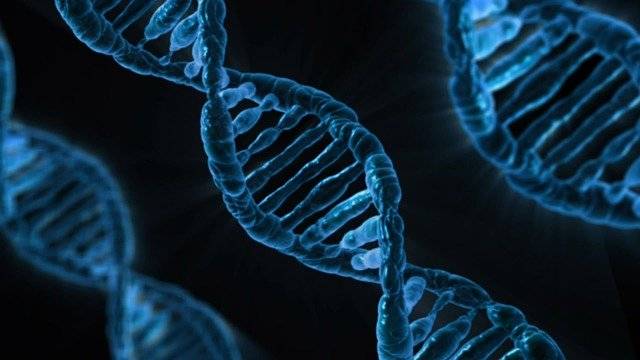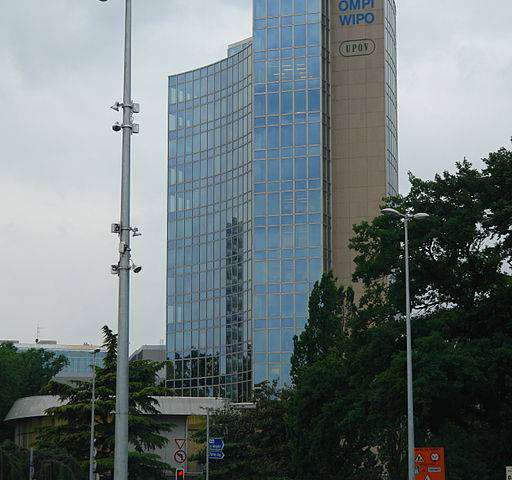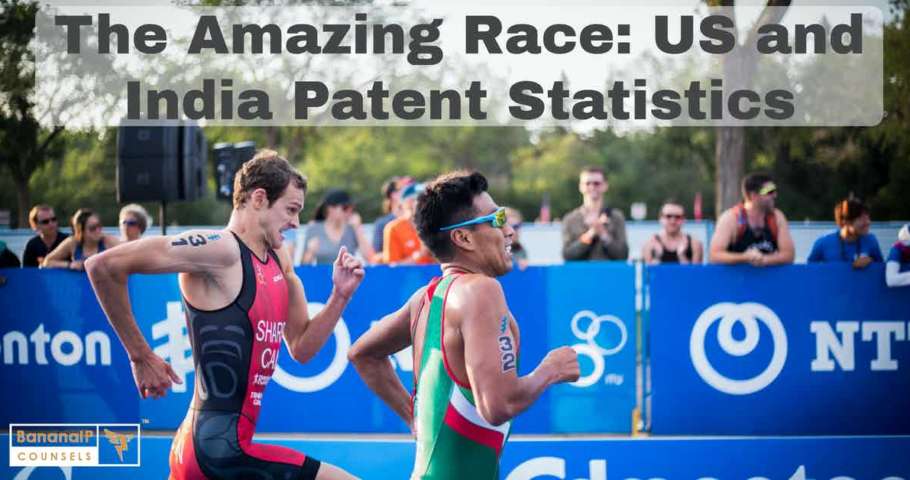First Publication Date: 12th January 2011
This is in furtherance to the post, titled “Driving on Hydrogen”, on using Hydrogen as a fuel in automobiles. Recently I happened to come across a video on YouTube titled “Salt water into Fuel”, which they have mentioned as an accidental invention. I was quite excited to see this and went in search of more details of this invention. I found out that the story goes like this. John Kanzius of Sanibel, Florida was…
